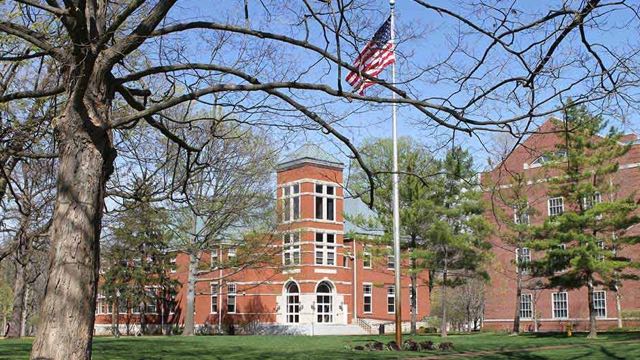College of the Week

Each week, Mrs. Nilsen will provide insight into unique college options for learners and families. The source is the Fiske Guide to Colleges 2019, an annual comprehensive catalog of diverse universities here in California and nationwide, Colleges That Change Lives, and 50 Colleges that Create Futures.
THIS WEEK: Wabash College
Click here for admissions info
Click here for tuition & financial aid info
Enrollment: 887
Acceptance Rate: 61%
DETAILS: Wabash was founded in Indiana in 1832 by transplanted Ivy Leaguers who shared the Enlightenment’s optimistic view of human nature and envisioned a “classical and English high school rising into a college as soon as the wants of the country demand.” Their vision proved to be on target. All-male Wabash has not only prospered but also remained true to its conservative academic and social traditions, including the Gentleman’s Rule code of self-responsibility that students continue to live by. “Wabash College has a culture that has not changed for 50 years. It can be a hard school to fit into if you do not meet the status quo, but it also is a brotherhood,” says a junior.
The Wabash educational program has certainly proved itself over the years. This small college has amassed an impressive list of alumni: executives of major corporations, doctors, lawyers, and a large number of Ph.D.s. Wabash alumni are typically faithful to their school in the form of generous donations. On a per-capita basis, the school’s $355 million endowment makes it one of the wealthiest in the nation. This financial security enables Wabash to refuse any federal aid, with the exception of Pell Grants, which go directly to students. Of the most recent freshman class, 23 percent qualify.
General education requirements include courses from a wide variety of fields: natural and behavioral sciences, literature and fine arts, mathematics, language studies, and a course on cultures and traditions. All freshmen take a tutorial in the fall that is designed to focus them on reading, writing, and class participation, followed by a colloquium titled Enduring Questions in the spring. All seniors complete comprehensive examinations in their final semester, consisting of two days of written exams in their major and an hour-long oral exam on their overall liberal arts experience.

